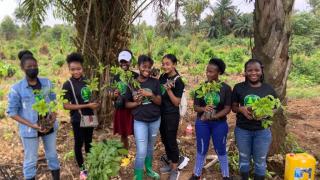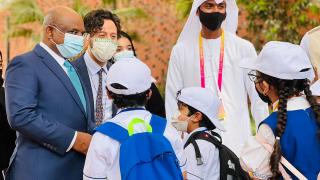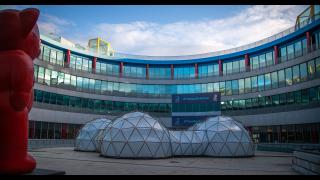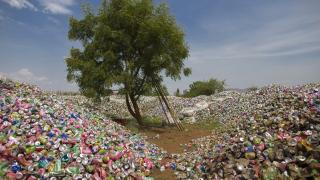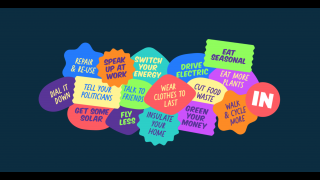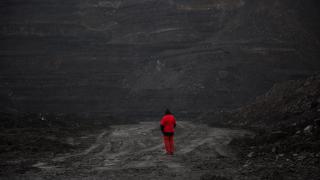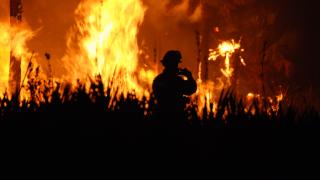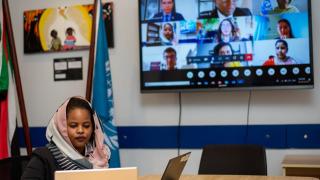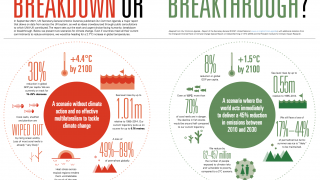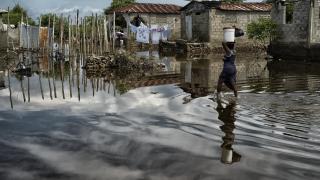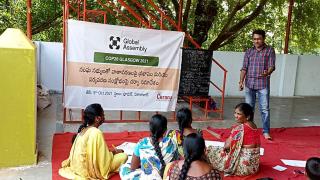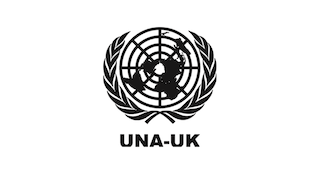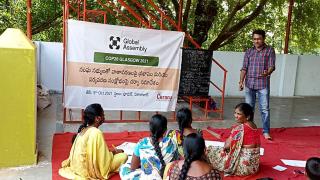
The COP26 in Glasgow may be the world’s last best chance to confront the most pressing global catastrophic risk of our time. Yet, the climate is not the only emergency that threatens humanity. The world is facing a huge web of interlocking challenges and existential threats, from deadly pandemics and deepening inequality to nuclear proliferation and the wildcard of emerging technologies.
To answer these challenges, rescue public health and revive the global economy, we need more than the familiar bromides of international solidarity and diplomatic bonhomie. Multilateralism is due for an urgent reset. That can’t happen unless we engage civil society to renew ideas and partnerships across borders and cultures.
Perhaps no one knows this better than United Nations Secretary-General António Guterres, who wants to reboot an inclusive and networked multilateralism. That’s the idea behind the Our Common Agenda report, which is nothing less than a paradigm shift to re-energize international cooperation, drawing heavily on the vision and voices of civil society groups across the world.
Our Common Agenda does not emerge out of a vacuum. It started in 2020, when, despite a global pandemic, over 1.5 million people and 60,000 civil society organizations (including UNA-UK) took part in the UN biggest-ever global conversation pegged to the world body’s 75th anniversary. Representatives from the world’s countries and territories, including marginalized and offline communities, took part through a series of dialogues and surveys on the world's future.
UN Member States also stepped up by adopting the UN75 Declaration, calling for action across 12 areas vital to our collective future. They then tasked Guterres with taking these proposals further by drawing up a strategy of collective consultation and ideas “to respond to current and future challenges". Our Common Agenda report was launched a year later, in September 2021.
The Igarapé Institute, a Brazil-based think and do tank, has been a part of this effort from the ground up. In 2021, the Institute, with support from more than 30 civil society partners across the Americas, Europe, Africa, and Asia, led the civil society consultations, which became an essential contribution to the Secretary-General’s report. Building on the UN75th anniversary feedback, we launched an innovative consultation—titled “We the Peoples,” after the opening words of the UN Charter—to crowdsource ideas through a digital platform.
Individuals and organizations across the world worked together adding, compiling, and refining proposals for Our Common Agenda. Through a deliberate process, facilitated by a digital e-consultation platform, it reached out to a diverse and often under-represented array of groups, thus amplifying the voices of individuals and organizations who may have been overlooked in traditional UN forums. The consultations generated over 520 proposals from more than 1,750 participants in 147 countries (you can find the final report here).
The digital consultation was the result of a collective effort – it would not have been possible without the engagement of a diverse group of global partners. Consider Together First, a coalition co-founded in 2018 — by UNA-UK, the Igarapé Institute, CIVICUS, the Chinese Initiative on International Law, and Stimson Center— which is committed to developing and spreading best ideas for global governance. Representing a network of more than 200 organizations, this coalition not only helped to bring civil society organizations to the digital platform but also brought to the table a number of proposals gathered through prior consultations with experts in 2020.
If there is a headline takeaway from Our Common Agenda, it might be the conviction that we do not need to reinvent the wheel but rather bring the great ideas already out there to discuss and deliberate. That’s why the process - engagement with civil society, the ecumenical exchange of ideas and experiences - was as important as the outcomes.
There were never any guarantees: this was the first time that the UN had opened itself for an experiment of this nature. Unsurprisingly, perhaps, one of the strongest demands emerging from the consultations was for the UN to splice inclusion, diversity groups and wide ranging consultations into its institutional DNA. By openly accessing and exchanging ideas on catalogued proposals, the participants turned the platform into a transparent, living repository of ideas, providing a roadmap for future consultations with civil society and others.
The Secretary-General’s report also lays out a range of proactive initiatives to reorient the UN as a platform to drive collective action on the global challenges that we all must address. The declaration on future generations, internet access as a human right, new mechanisms to manage tricky issues related to the global commons, and a stronger peacebuilding commission were just a few of the critical collective goals outlined in Our Common Agenda.
Perhaps it’s inevitable that such an ambitious effort ends up falling short of the high expectations placed on it by global citizens. Many individuals and organizations were disappointed that one of the top proposals of the digital consultation, a UN civil society champion, didn’t make the Secretary General’s final cut. Previously backed by the Together First coalition, the We the Peoples Call for Inclusive Global Governance, the UNmute Civil Society coalition, and during the UN75 dialogues and surveys, this was one granular proposal that united civil society across the globe, alongside broad general calls for stronger action on areas such as climate change. It has also been endorsed by over 50 member states.
A high-level UN civil society champion, with a mandate to listen and consult, has been an important part of the civic global to-do list for many years. A dedicated mechanism would bolster other pillars of the UN system, not least the civil society focal points highlighted in Secretary-General’s report. Although some UN entities are already on board, the broad implementation of such a mechanism would help to institutionalize civil society participation and engagement with the UN. A high-level advocate would also help to mainstream civil society across the system for a more inclusive multilateralism.
If the path breaking digital consultation process has demonstrated anything, it’s the power and relevance of bringing new voices to the conversation, allowing those outside the “New York bubble” and so beyond earshot of global decision-making a chance to be heard. With proper institutional backing and adequate resources, a recognized champion would be able to actively reach out to less-heard and often marginalized voices, particularly those in the Global South, and so bring fresh thinking to the UN debates and enrich the international decision-making processes.
In order to build the fully networked and inclusive multilateralism envisioned in Our Common Agenda, civil society is an indispensable partner—a principle embedded in many of the Secretary-General’s proposed initiatives, such as a Summit of the Future, a global digital compact, a renewed social contract, and an emergency platform.
It’s also up to us to ensure Our Common Agenda becomes more than another high-minded report on a shelf. We must work, together with other stakeholders, to support member states and the Secretary-General to turn the recommendations into actionable plans. We also must monitor and evaluate the implementation of the report. After all, it’s civil society that ultimately holds states and international organizations to account. And that’s a job for all of us.
Photo: The cover of Igarapé Institute's We the Peoples report. Credit: Eyoel Kahssay/Unsplash.

